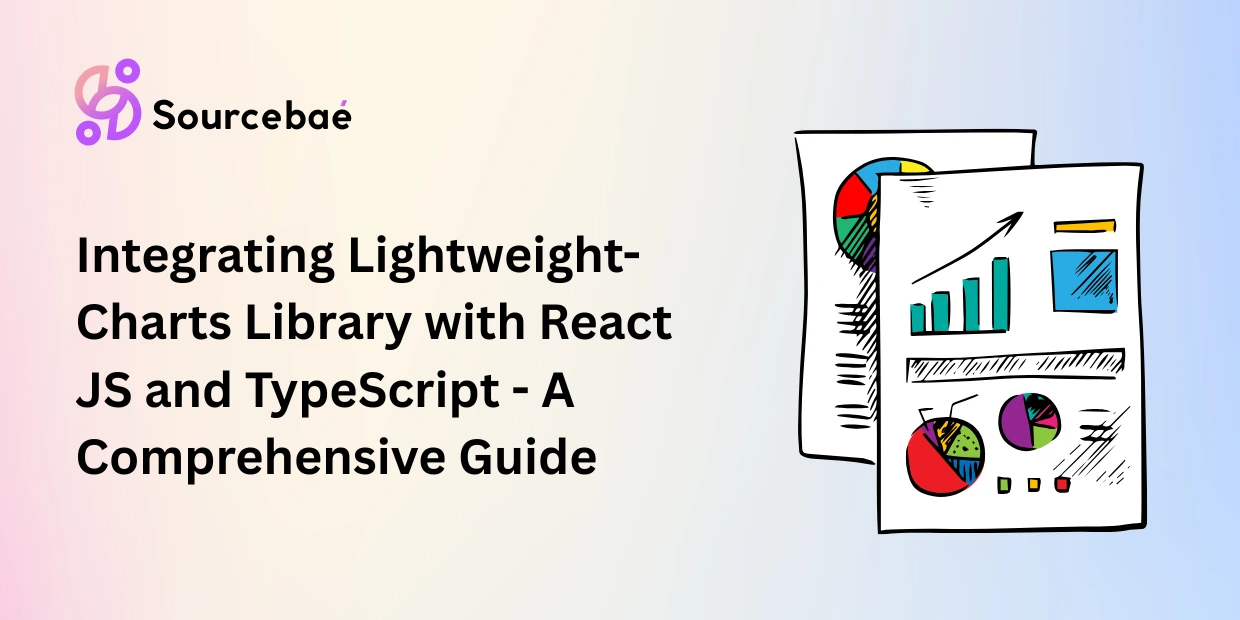In today’s rapidly evolving digital landscape, web development has become a critical aspect of establishing a strong online presence. As businesses strive to deliver exceptional user experiences, choosing the right web development framework is crucial. React, a JavaScript library developed by Facebook, has gained immense popularity for its efficiency, flexibility, and robustness. In this comprehensive guide, we will delve into the reasons why React web development is a preferred choice among developers, its unique features, and the advantages it offers.
Why Choose React Web Development?
React web development has gained significant traction in recent years due to its numerous benefits and the seamless user experiences it enables. Let’s explore the key reasons why React is highly favored by developers worldwide:
1. Component-Based Architecture:
React follows a component-based architecture, allowing developers to build reusable UI components. This modular approach enhances code reusability, and maintainability, and makes development more efficient. By encapsulating the UI logic within components, React promotes a structured and organized development process.
2. Virtual DOM:
React utilizes a virtual DOM, a lightweight in-memory representation of the actual DOM. This approach enables React to efficiently update and render only the components affected by data changes, resulting in improved performance and a smoother user experience. The virtual DOM reduces the need for manual DOM manipulation, saving time and effort for developers.
3. Unidirectional Data Flow:
React implements a unidirectional data flow, also known as Flux architecture. This pattern ensures predictable data flow and simplifies state management within an application. By maintaining a clear and defined flow of data, React facilitates debugging and enhances code maintainability.
4. Rich Ecosystem and Community Support:
React has a thriving ecosystem with a vast collection of libraries, tools, and community-driven resources. Developers can leverage this extensive ecosystem to enhance their productivity and accelerate development. The active community support ensures regular updates, bug fixes, and a wealth of learning resources for developers.
5. Declarative Syntax:
React employs a declarative syntax, which allows developers to describe how the UI should look based on the current application state. This declarative approach makes the code more readable, intuitive, and less prone to errors. Developers can focus on building UI components without worrying about the underlying implementation details.
6. Cross-Platform Compatibility:
React’s versatility extends beyond web development. With React Native, developers can leverage the same codebase to build native mobile applications for both iOS and Android platforms. This cross-platform compatibility enables faster development cycles and reduced development costs.
7. Performance Optimization:
React’s efficient rendering mechanism, coupled with the use of a virtual DOM, contributes to superior performance. By minimizing unnecessary re-rendering and optimizing the rendering process, React ensures optimal performance even for complex and data-intensive applications.
8. SEO-Friendly Applications:
React enables server-side rendering (SSR), allowing search engines to crawl and index web applications more effectively. SSR improves SEO rankings by providing search engines with the necessary content upfront, enhancing the visibility and discoverability of React-powered applications.
9. Industry Adoption:
React has gained widespread adoption across industries, with prominent companies such as Facebook, Instagram, Airbnb, and Netflix utilizing it to power their applications. This industry acceptance validates React’s capabilities and ensures its long-term viability and support.
10. Continuous Improvement:
React has a dedicated team of developers continuously working on enhancing its capabilities and addressing community feedback. Regular updates and new feature releases ensure that React remains at the forefront of modern web development practices.
Frequently Asked Questions:
Q: Is React suitable for small-scale projects?
React is well-suited for projects of all sizes, including small-scale applications. Its modular architecture and code reusability make it adaptable to projects with varying complexities.
Q: How does React compare to other web development frameworks?
React offers a unique combination of performance, scalability, and flexibility, making it stand out among other web development frameworks. Its virtual DOM, unidirectional data flow, and extensive ecosystem contribute to its popularity.
Q: Can React be used with other JavaScript libraries?
Yes, React can be easily integrated with other JavaScript libraries or frameworks. React’s component-based structure and compatibility make it highly flexible and interoperable.
Q: Is React a good choice for building mobile applications?
Absolutely! React Native, an extension of React, allows developers to build native mobile applications for iOS and Android platforms using the same codebase. This significantly reduces development time and effort.
Q: Does React support server-side rendering (SSR)?
Yes, React supports server-side rendering, enabling applications to be rendered on the server and delivered as fully-formed HTML to the client. This enhances search engine optimization and improves initial page load performance.
Q: How can I get started with React web development?
To get started with React, you can explore the official React documentation, take online tutorials, and participate in community forums. Additionally, numerous resources and video courses are available to help you master React web development.
Conclusion:
Choosing the right web development framework is crucial for building modern, scalable, and interactive applications. React web development offers numerous advantages, including a component-based architecture, virtual DOM, unidirectional data flow, and cross-platform compatibility. Its rich ecosystem, industry adoption, and continuous improvement make it a compelling choice for developers. Whether you are starting a small project or working on a large-scale application, React provides the tools and features necessary to create exceptional user experiences.
Remember, embracing React web development opens up a world of possibilities. Start exploring React today and unlock the potential to build cutting-edge web applications!






